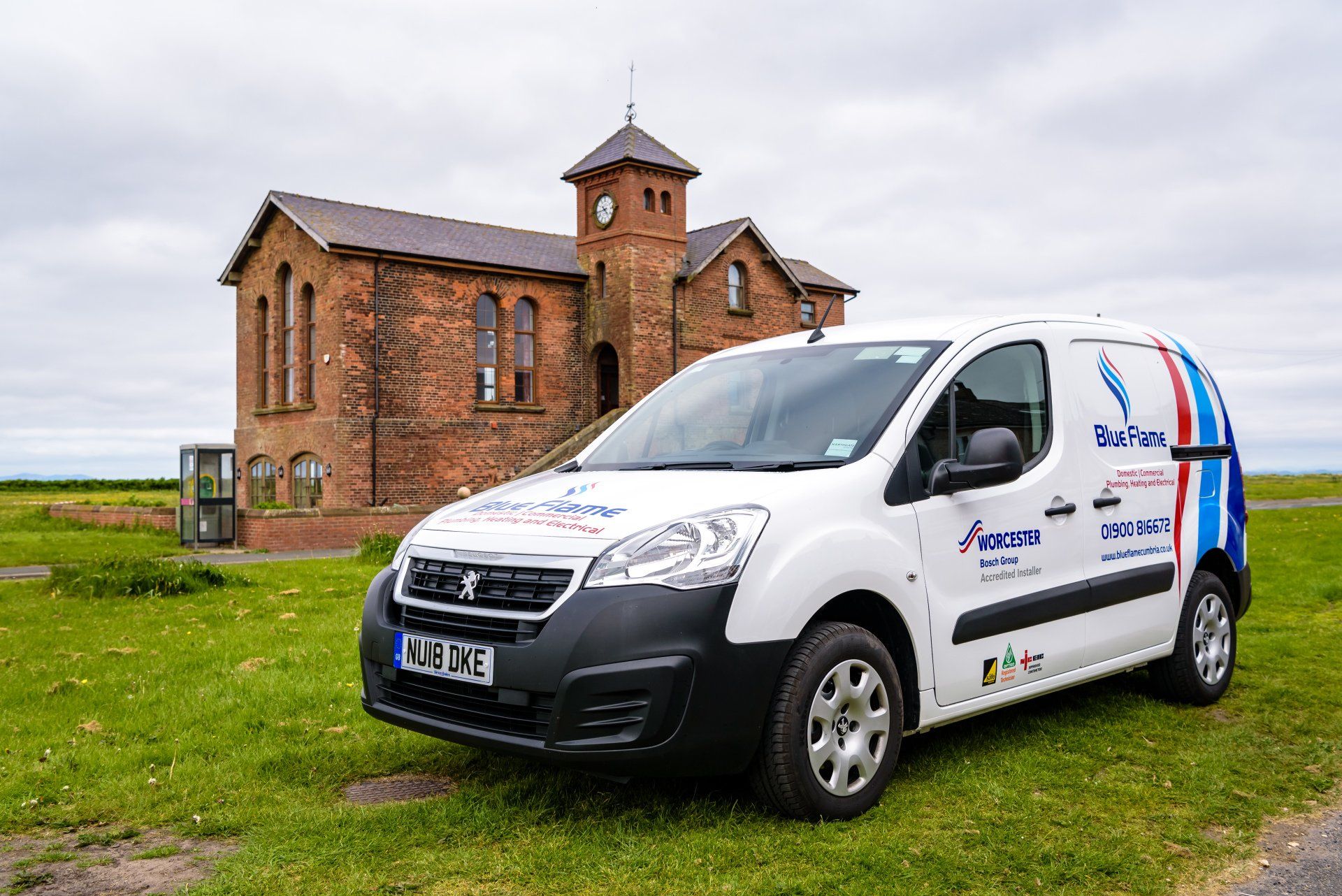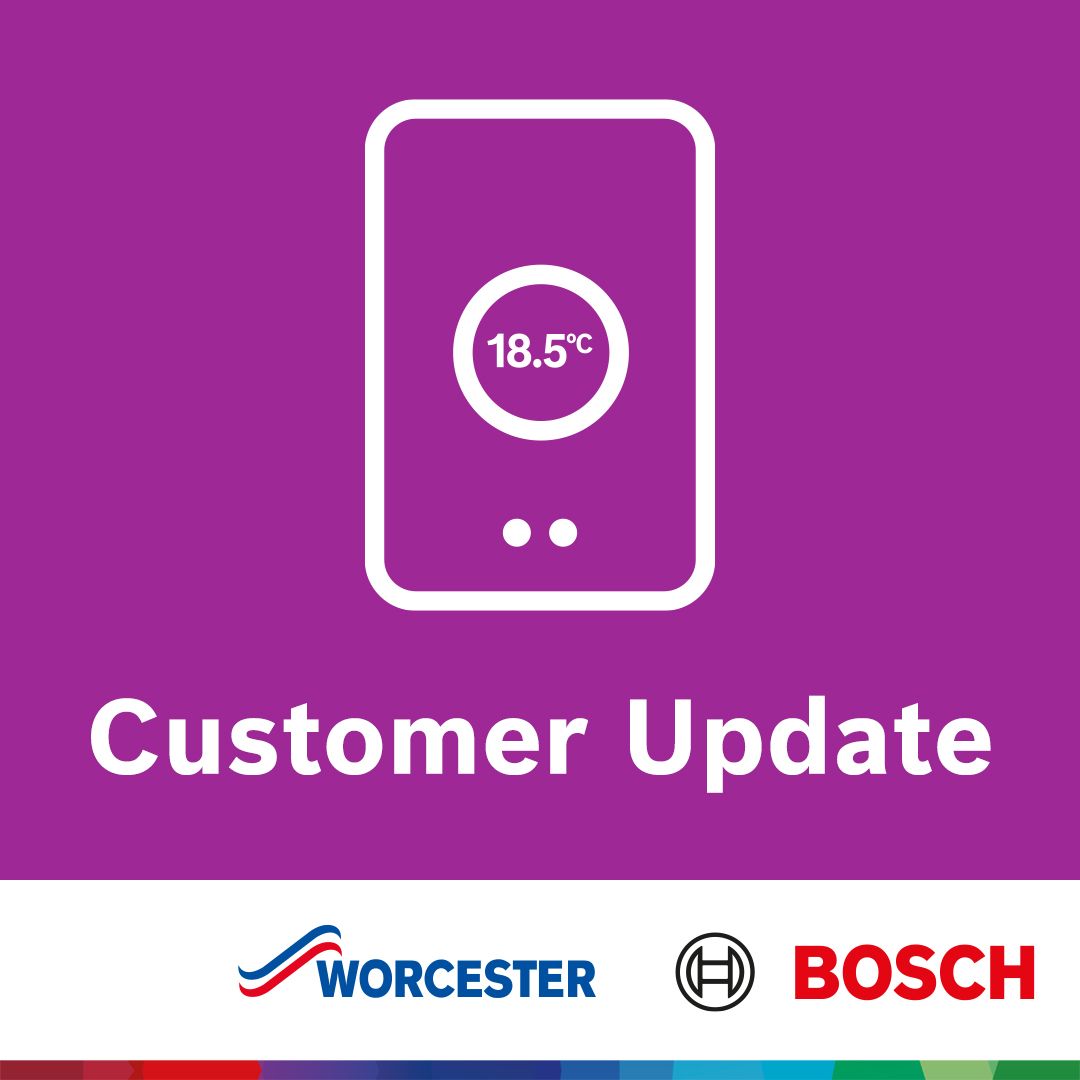
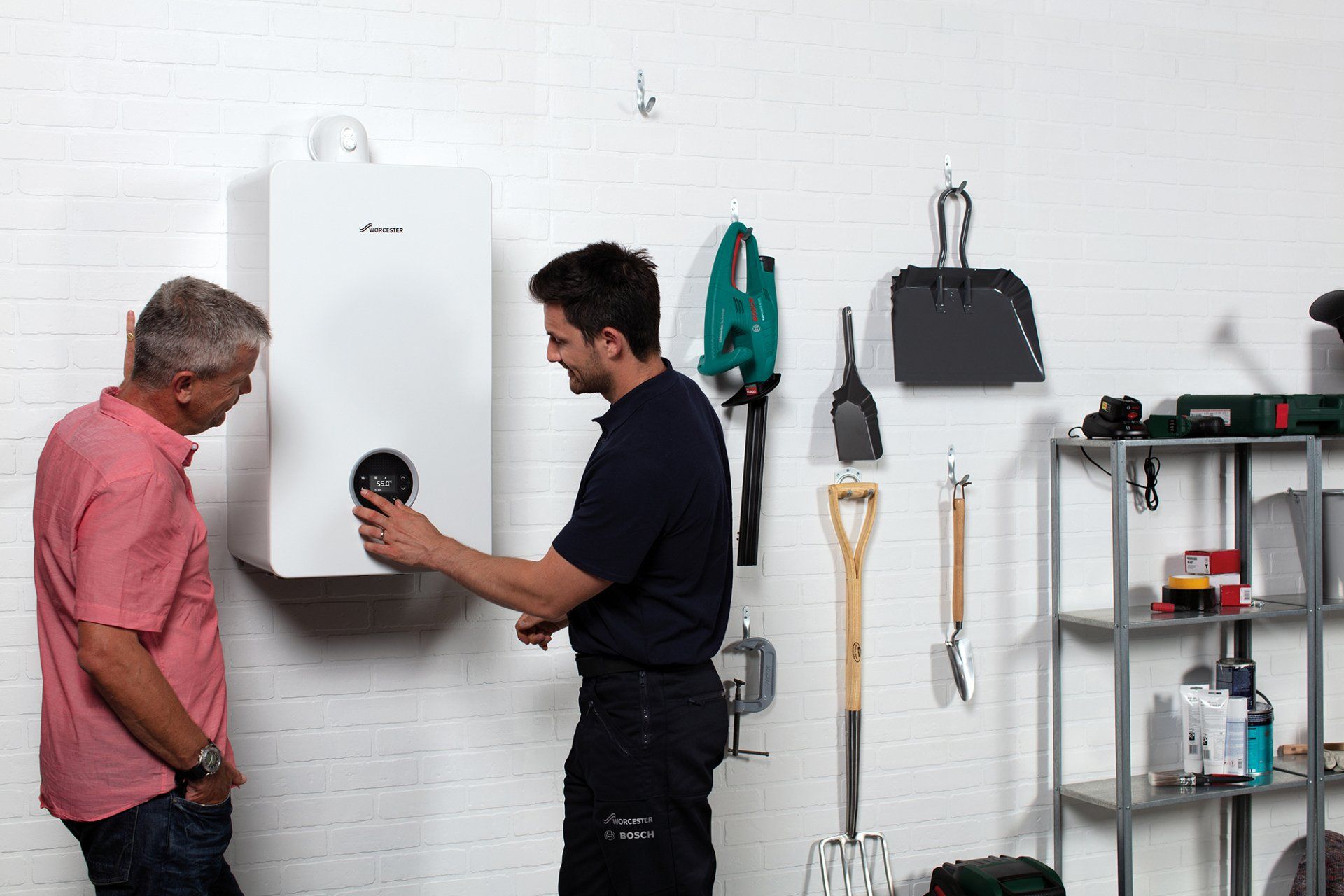

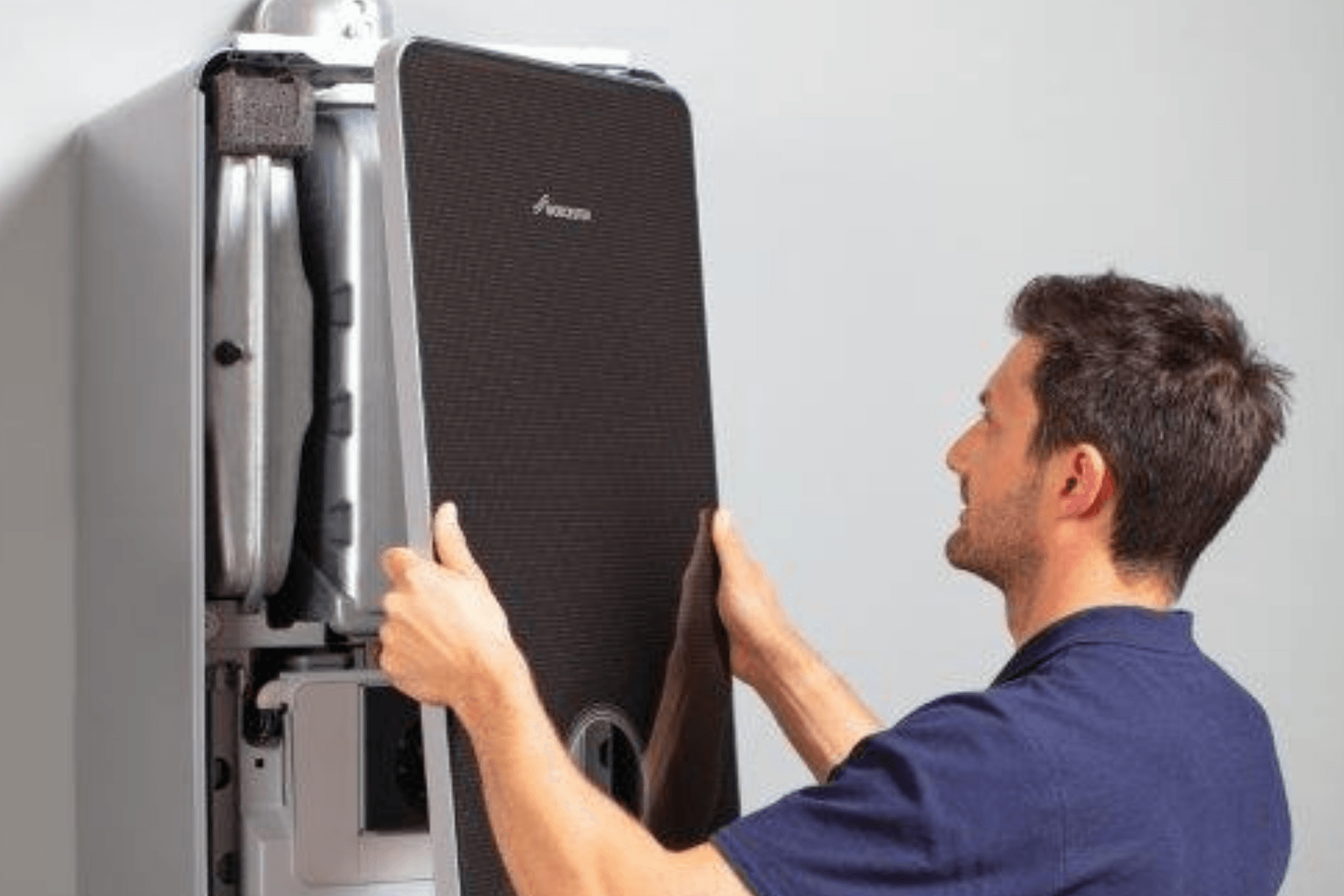
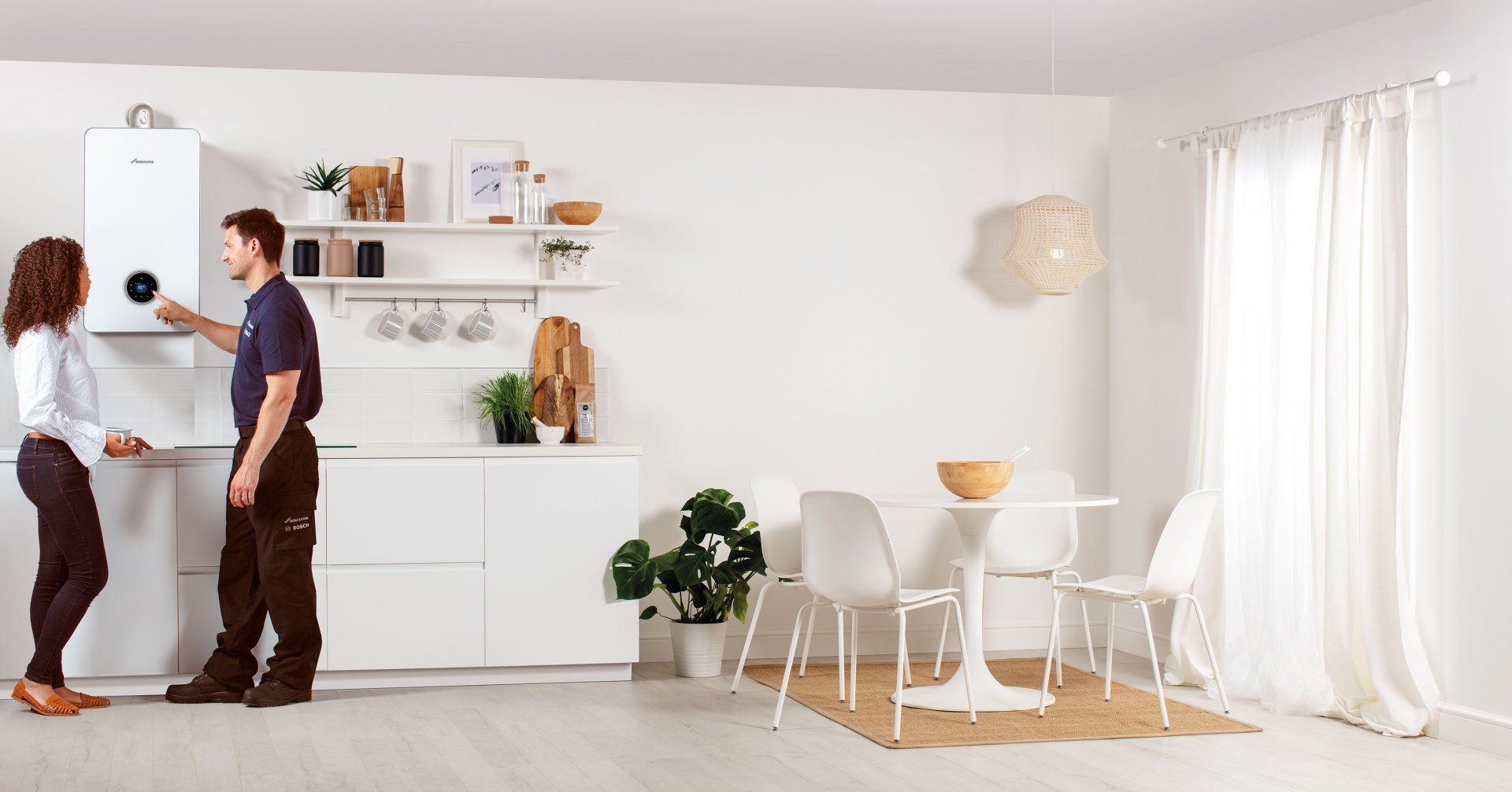

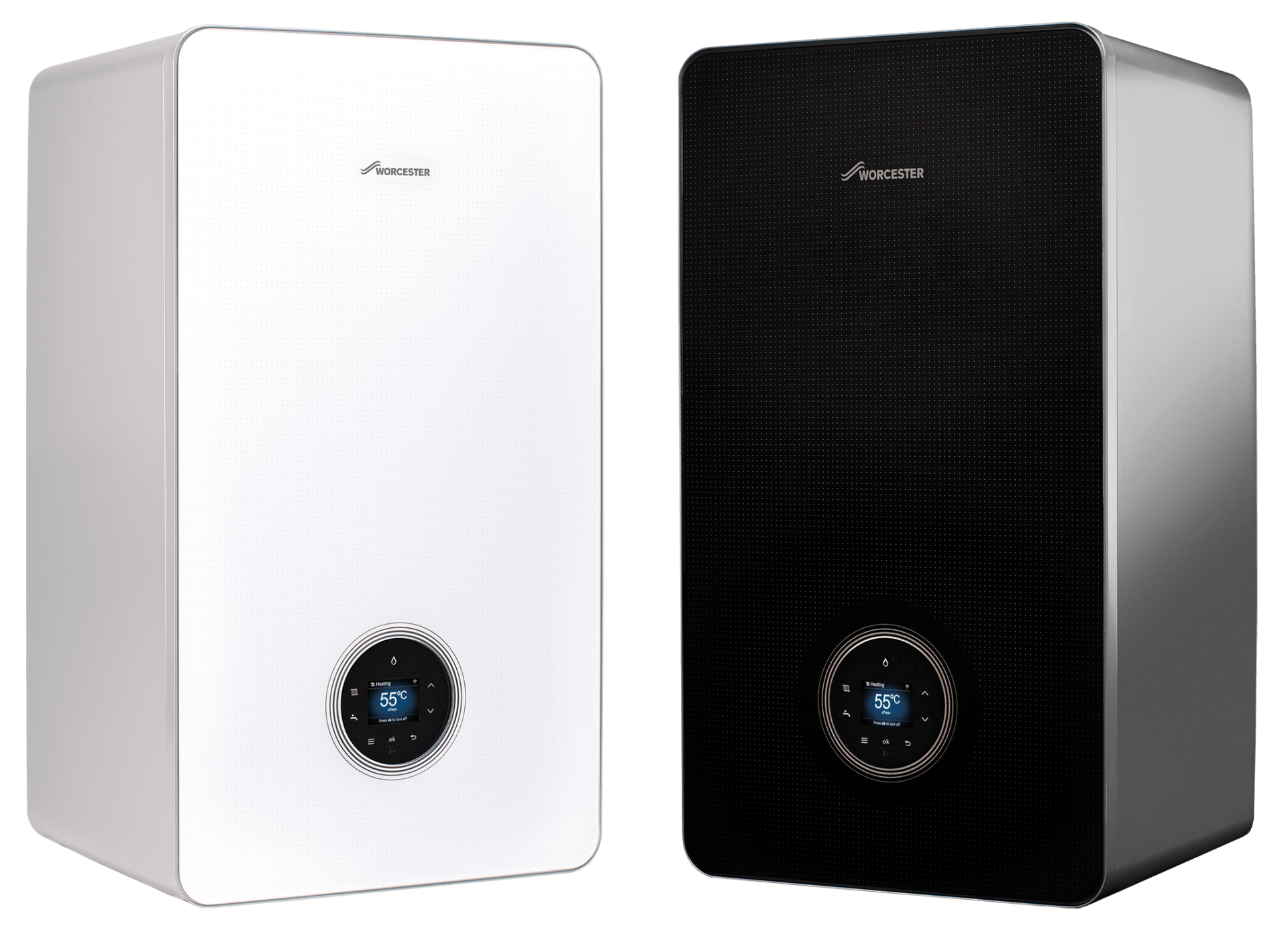
Gas Safety Week
Keeping the nation safe.

We are proud to be supporting Gas Safety Week 2016, taking place 19th – 25th September.
Gas Safety Week is an annual safety event to raise awareness of gas safety and the importance of taking care of your gas appliances. It is co-ordinated by Gas Safe Register, the official list of gas engineers who are legally allowed to work on gas. Here at Blue Flame all of our engineers are fully qualified and are Gas Safe registered.
Badly fitted and poorly serviced gas appliances can cause gas leaks, fires, explosions and carbon monoxide poisoning. Every year thousands of people across the UK are diagnosed with carbon monoxide poisoning. It is a highly poisonous gas. You can’t see it, taste it or smell it, but it can kill quickly with no warning.
Tenants
By taking care of your gas appliances properly you are taking care of your home and your loved ones. Follow these few simple checks to keep you and your family safe.
·Check your Landlord’s Gas Safety Record. By law, your landlord must keep gas appliances supplied for you to use in good condition. They should arrange a gas safety check every 12 months and give you a record of the check.
·Check any gas appliances you own every year. Gas appliances should be safety checked once a year and serviced regularly by a Gas Safe registered engineer. Set a reminder so you don’t forget at www.staygassafe.co.uk.
·Check your engineer is Gas Safe registered. You can find and check an engineer at www.GasSafeRegister.co.uk or call 0800 408 5500.
·Check the engineer’s Gas Safe Register ID card. Make sure they are qualified for the work you need doing. You can find this information on the back of the card.
·Check for warning signs your appliances aren’t working correctly e.g. lazy yellow or orange flames instead of crisp blue ones, black marks on or around the appliance and too much condensation in the room.
·Know the six signs of carbon monoxide poisoning – headaches, dizziness, breathlessness, nausea, collapse and loss of consciousness.
·Have an audible carbon monoxide alarm. This will alert you if there is carbon monoxide in your home.
Landlords:
Landlords are legally responsible for the safety of their tenants. Landlords should make sure maintenance and annual safety checks on gas appliances are carried out by a Gas Safe registered engineer.
If you’re a landlord, you are legally obliged to make sure:
·Pipe-work, appliances and flues provided for tenants are maintained in a safe condition.
·All appliances and flues provided for tenant’s use have an annual safety check. Set a reminder so you don’t forget at www.staygassafe.co.uk.
·Maintenance and annual safety checks are carried out by an engineer registered with Gas Safe Register.
·All gas equipment (including any appliance left by a previous tenant) is safe or otherwise removed before re-letting.
·A Gas Safety Record is provided to the tenant within 28 days of completing the check or to any new tenant before they move in.
·You keep a copy of the Gas Safety Record for two years.
·Before any gas work is carried out always check the engineer’s ID card and make sure the engineer is qualified for the work you need doing. Encourage your tenants to do the same.
For more information and to find and check an engineer go to www.GasSafeRegister.co.uk











